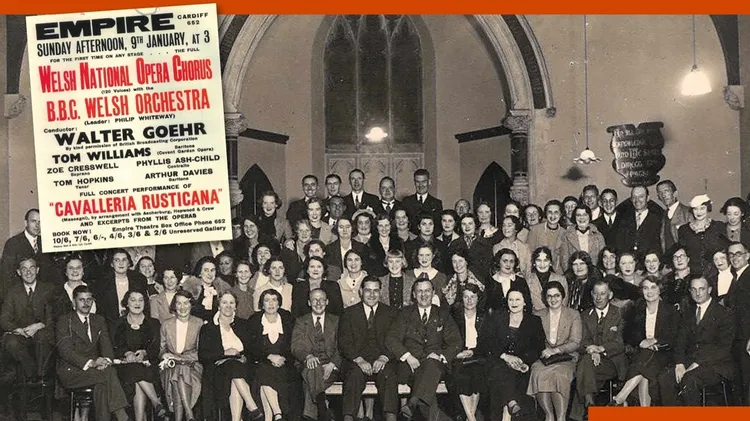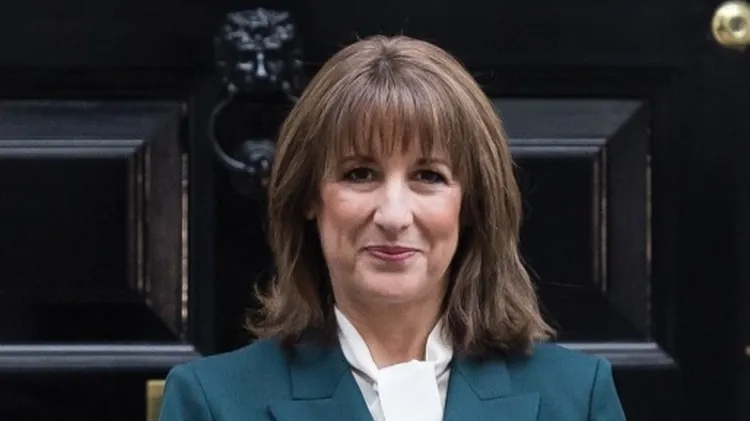The impact of arts ‘levelling up’ in the UK is still not fully understood
Richard morrison
3 min read
This article is from...
Read this article and 8000+ more magazines and newspapers on Readly






